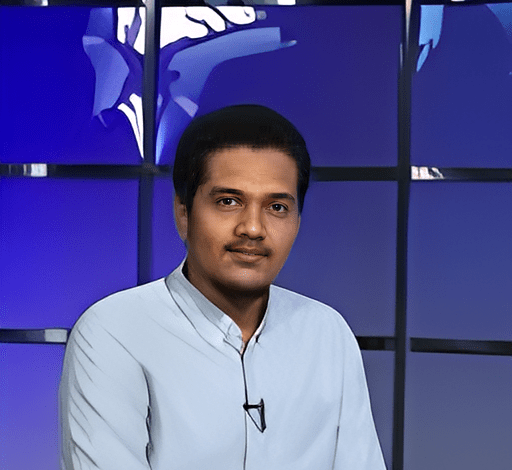The Upcoming Rapid Support Forces Government is Without a Project

Mohammed Naji Al-Asam
The upcoming Rapid Support Forces government is without a project, and whatever will be written in its papers and announcements will mean nothing. The Rapid Support Forces, as always, will rely on the weapons of its militias, the smuggled gold, the citizens’ looted funds, and the money and influence of the UAE, which will determine everything for Hemetti, his ministers, and those who chose to ally with him.
The Janjaweed government will be added to the UAE’s projects in Libya, Yemen, and Somalia—separatist and independence movements that seek to strengthen its economic interests by exploiting the plundered resources of the people, expanding its influence in the region, and using these nations as tools for bargaining on regional issues. All of this aims toward positioning itself as a key political, economic, and security player in the region, one that cannot be overlooked by the major global players. It doesn’t care whether countries are divided, their peoples die, or are displaced in order to achieve its goals.
However, Sudan is not like other countries, and this might have been observed early on since the war began. The UAE lost, due to its support of the Janjaweed, on the level of global public opinion in ways it hadn’t experienced in any of its previous ventures, and it will continue to lose. The Rapid Support Forces are different from all other projects, as they are a militia accused of committing the most horrific war crimes, including genocide. This is a military group established by the former regime to safeguard itself from rebellion and coups, and it gradually grew into a family-run company that works for money, weapons, and power, with no real project at all. Throughout this war, the Rapid Support Forces have tried to adopt a new project each time, starting from a war for democracy, to a war against what they call the “unjust 56-state,” and then to a war against one or two tribes. All these are failed attempts to legitimize their primary project, which is a family-led state under Hemetti’s rule.
The atrocities Sudanese people have experienced—from the violence of the militia in the past and now in this war that has reached every home—will not change public opinion, which has overwhelmingly turned against the Rapid Support Forces and their crimes and violations. No artificial attempts to beautify the situation, such as borrowed projects like the “New Sudan” proposed by the late leader John Garang, will have an effect. The leaders of these projects have now decided that their tactical interests align with the rifles, gold, and money of the Janjaweed and the UAE, leading them to defeat themselves, not the projects. The goals of equal citizenship, democracy, a new Sudan, and a unified national army, free from political conflicts, will remain the aspirations of millions of Sudanese people over the years, and the goals of the revolution that rose against the former regime, which created the Janjaweed, empowered them, and sent them to fight abroad while enabling them to establish independent foreign relations and their own economic empire.
We will not be able, practically, to resist the continuation of the war and the scenarios of Sudan’s fragmentation without clearly addressing the countries that have intervened in the Sudanese conflict for decades, exploiting the fragility of internal conditions, including the UAE, Egypt, Iran, Turkey, Saudi Arabia, and others, who support the war with weapons, money, and influence, driving the war in Sudan toward a full proxy war. Sudanese military and civilian leaders have no control over whether it continues or stops. It will only stop or continue in line with the specific agendas of those countries, which they seek to achieve through the blood, lives, and resources of Sudanese people.
Finally, Sudan’s fragmentation will not happen through the Janjaweed’s parallel government or authority. It can only truly occur if the abominable hatred ignited by the war does not stop, and many parties are investing in it. This hatred is widening the social divide between Sudan’s components, denying the citizenship of some, categorizing people based on their regions, tribes, ethnicities, and religions, granting or stripping them of rights, and considering them warriors or pacifists based on which tribe they belong to. It cheapens the blood of some Sudanese, making it less valuable than the blood of others. This is racism, hatred, and fanaticism, which are not a product of the war but were ignited and fueled by it, and in turn, they return to exacerbate and intensify the war. Hatred is tearing Sudan apart each day, whether through a parallel government and authority or without them.



